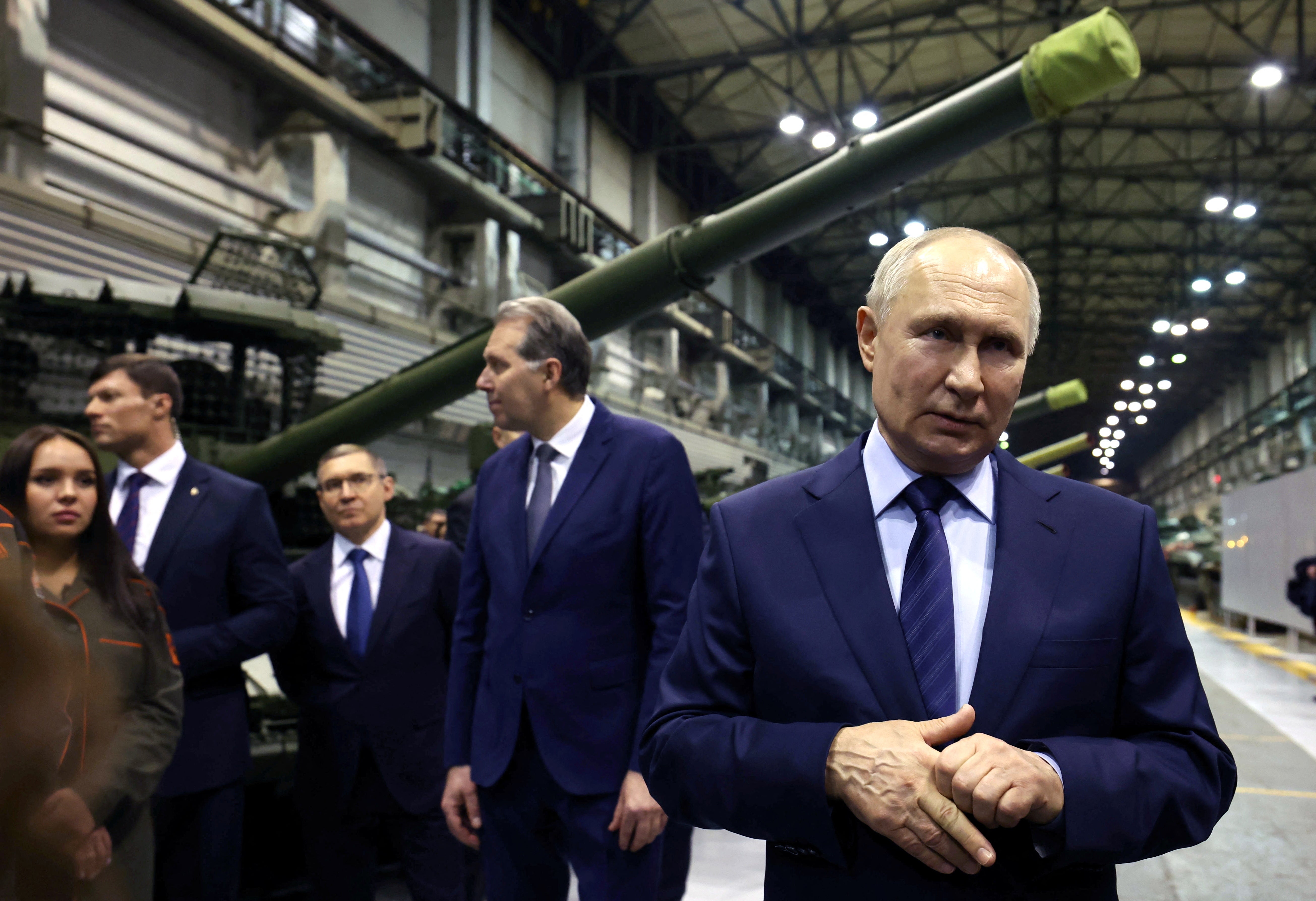Generational divide over the threats facing Britain, new polling suggests
Russia, China and a possible Donald Trump-led US all feature, but younger people have different priorities, survey says

Your support helps us to tell the story
From reproductive rights to climate change to Big Tech, The Independent is on the ground when the story is developing. Whether it's investigating the financials of Elon Musk's pro-Trump PAC or producing our latest documentary, 'The A Word', which shines a light on the American women fighting for reproductive rights, we know how important it is to parse out the facts from the messaging.
At such a critical moment in US history, we need reporters on the ground. Your donation allows us to keep sending journalists to speak to both sides of the story.
The Independent is trusted by Americans across the entire political spectrum. And unlike many other quality news outlets, we choose not to lock Americans out of our reporting and analysis with paywalls. We believe quality journalism should be available to everyone, paid for by those who can afford it.
Your support makes all the difference.There is a stark generational divide between how the public see the various threats and how they should be dealt with – but the majority agree that the world is a less safe place than five years ago, new polling suggests.
Younger people believe that the war in Gaza should be the top foreign policy priority for the government, while the rest of the population believe that Russia's invasion of Ukraine is the most important issue to address.
Twenty-nine per cent of younger people, aged 18 to 34, believe the Gaza conflict is the most significant foreign policy issue to deal with, with 21 per cent saying it is Ukraine-Russia, newly-released polling from Savanta says. Twenty-seven per cent of the rest of the public believe the war in Ukraine is the most significant issue, compared to 23 per cent saying it is Israel-Gaza.
The public at large (84 per cent) sees Russia, led by President Vladimir Putin, as the main threat to UK security, with the polling conducted before the death of prominent Putin critic, Alexei Navalny, with Western nations lining up to accuse the Kremlin of being responsible.
Next comes China, and its leader Xi Jinping, at 70 per cent and then a Donald Trump-led US at 61 per cent. The former president is the frontrunner for the 2024 Republican presidential nomination, which would then bring a rematch at the ballot box with Joe Biden in November. However, young people are as concerned about Mr Trump as they are Mr Xi. Fifty-six per cent of younger people believe Trump is a threat, with 53 per cent saying Mr Xi.
The majority of the more than 2,000 adults Savanta surveyed, 61 per cent, think that the world is a less safe place now than five years ago. Just 16 per cent think the world is safer compared to 2019.
Emma Levin, Associate Director at Savanta says: “Our research suggests that there may be an interesting generational divide in how the UK public perceives the manifold threats our country faces. Most see Putin’s Russia as our biggest threat, with Xi Jinping’s China. But young people appear to believe that a second Trump presidency would be equally as much of a threat to the UK as Xi Jinping’s regime.”
“Young people’s priorities for policymakers differ from the wider public too – they’re most likely to rank the Israel-Palestine conflict as a number one priority over Russia-Ukraine. More broadly, most are likely to feel less safe than five years ago, with older people most likely to feel vulnerable,” she added.
The survey was carried out from 9 to 11 February.
Join our commenting forum
Join thought-provoking conversations, follow other Independent readers and see their replies
Comments